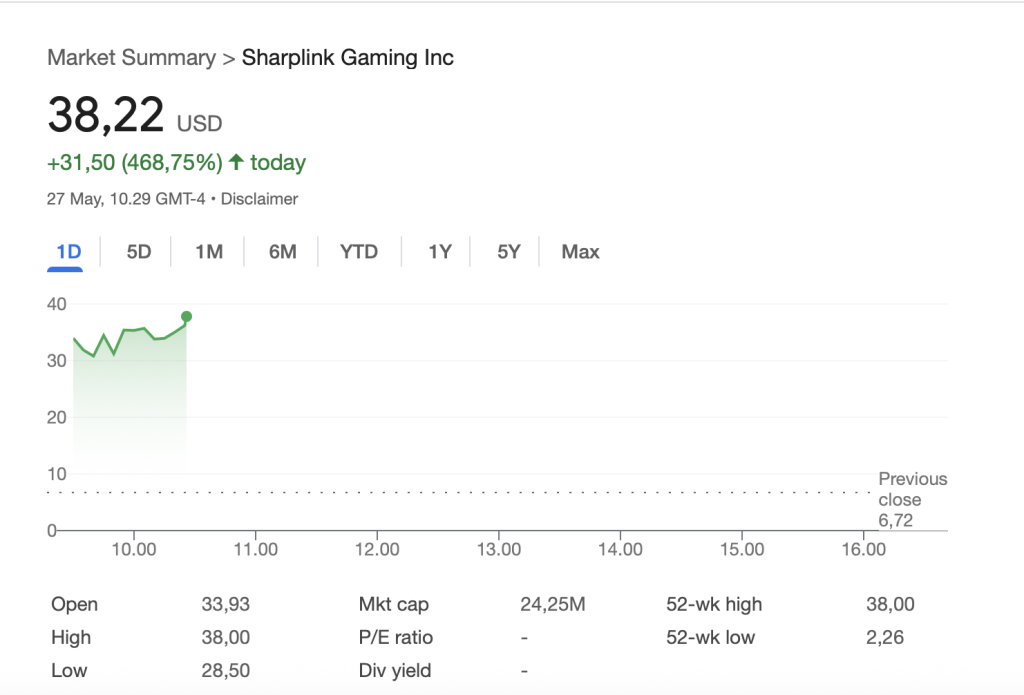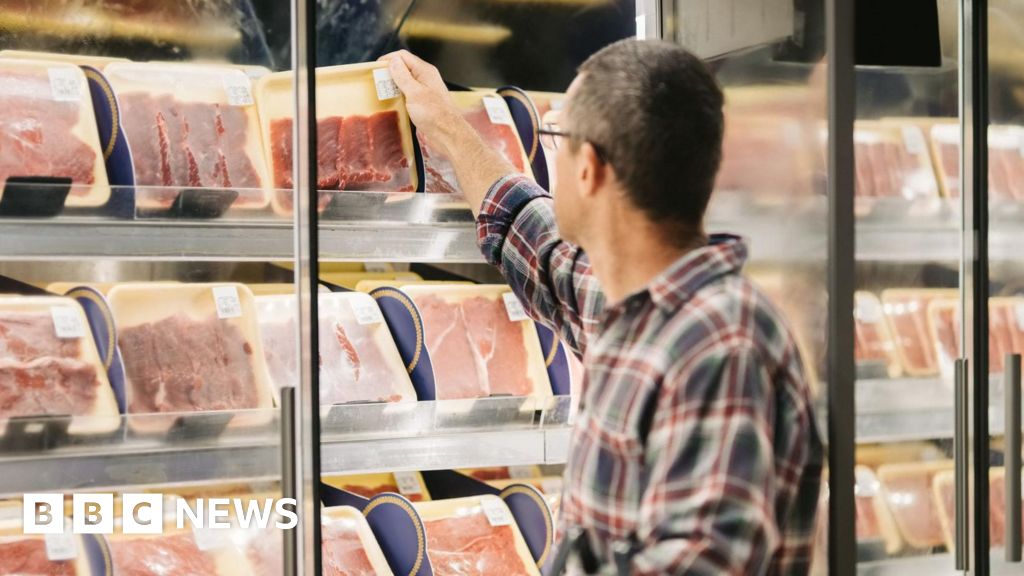Royal Mail, which was split from the Post Office and privatized a decade ago, is legally obliged to deliver a one-price-goes-anywhere “universal service”, which means it has to deliver letters six days per week, Monday to Saturday, and parcels Monday to Friday.
But the company’s performance in recent years has deteriorated, leading to heavy financial losses, with customers regularly not receiving letters, including important medical appointments and legal documents, on time.
Parent company International Distribution Services made a small profit last year which was entirely generated by its German and Canadian logistics and parcels business, off-setting losses at Royal Mail.
The volume of letters being posted has plummeted, with half the number being sent compared to 2011 levels. Meanwhile, parcel deliveries have become more popular – and more profitable.
The universal service obligation is under review, with Royal Mail suggesting to Ofcom that reducing second class deliveries to every other weekday would save up to £300m a year and give the business “a fighting chance”.
Dave Ward, general secretary of the Communication Workers Union (CWU) which represents postal workers said: “This situation is a direct result of a failed and ideological privatisation… mixed with the blatant mismanagement of the company in recent years.”
“These events have ripened one of the most iconic and important companies in the UK for a takeover by foreign investors,” he added.
Mr Ward did say that he welcomed some of the commitments put forward so far, “but the reality is postal workers across the UK have lost all faith in the senior management of Royal Mail and the service has been deliberately run down.”
The union will meet with Mr Kretinsy’s EP Group next week, calling for a “complete reset” in employee and industrial relations, as well as further commitments on the future of the company.
It will also be directly engaging with Labour and others to call for a new model of ownership for Royal Mail, where it hopes its members would have a “direct say in key decisions”.
The entrepreneur Daniel Kretinsky made his fortune in the energy industry but has in recent years diversified his interests into retail and logistics. He owns 10% of Sainsbury’s and 25% of West Ham football club.
International Distribution Services declined to comment. The Department for Business has also been approached.
Credit: Source link










